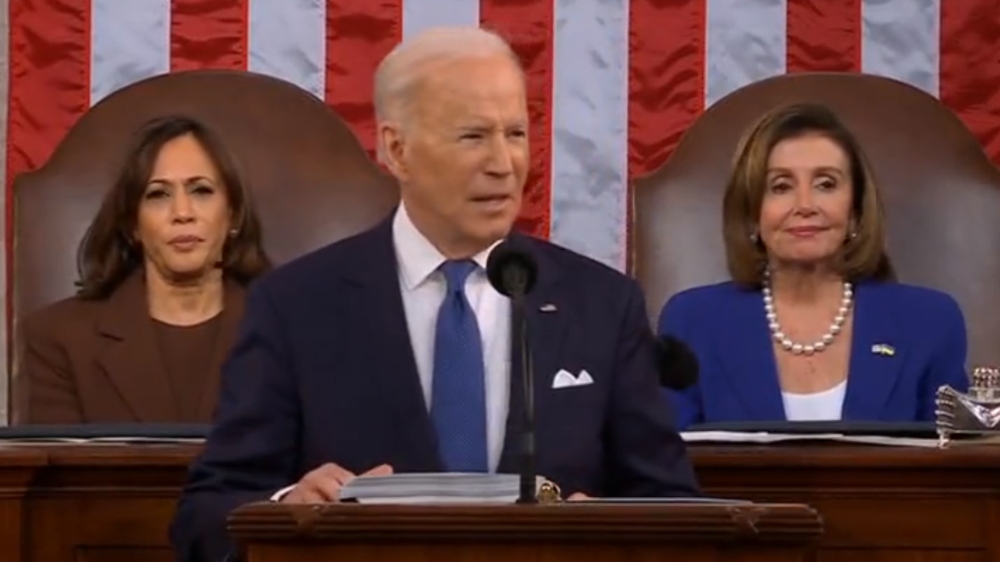Bank of Mexico to launch digital currency by 2024
01/03/2022 / By Kevin Hughes

The Bank of Mexico plans to establish its own digital currency in circulation by 2024 to adopt the latest payments technology and incite financial formation in an economy that relies mostly on cash transactions.
Mexico’s central bank under the administration of President Andres Manuel Lopez Obrador tweeted on Dec. 30 that it is important “to use these new technologies and latest-generation payments infrastructure as valuable options to advance financial inclusion in the country.”
In a recent report, the Bank of Mexico said that it is examining the development of a digital currency in various phases. It will employ as a foundation for the platform the present electronic payments system to broaden payment options under a rapid, safe and efficient plan.
Central bank advisors have been in discussions with financial institutions about the application and the foundation needed to start a digital currency that could be employed for basic transactions, a person aware with the Bank of Mexico’s plans said. A vast number of transactions are done with cash given the wide informal economy, which in 2020 made up almost 22 percent of Mexico’s gross domestic product.
Mexico’s central bank, which is known for its traditional monetary policies, has advised against the risks of privately issued cryptocurrency assets like bitcoin due to its volatility in value and limited acceptance. Bank officials, however, have been receptive to central-bank digital currencies as a way to advance financial inclusion.
Bank of Mexico Gov. Alejandro Diaz de Leon said at an International Monetary Fund (IMF) event last July that central banks need to move fast to create new forms of money and fully operable digital currencies amidst the increasing use of crypto assets and the risks they bring.
Mexican billionaire Ricardo Salinas Pliego said last June that he was making his Banco Azteca the first bank in Mexico to accept bitcoin.
The Bank of Mexico, the Secretariat of Finance and Public Credit and banking and securities regulators said in response that cryptocurrencies like bitcoin are not legal tender in Mexico and that financial institutions are not approved to offer operations with such assets. (Related: China’s Central Bank bans all cryptocurrency transactions.)
“Although they can be exchanged, they do not fulfill the function of money, as their acceptance as a form of payment is limited and they aren’t a good reserve or value reference,” the group said in a statement.
Unlike bitcoin and other forms of cryptocurrencies, central bank digital currencies are a virtual or electronic form of fiat currency. The Bahamas began in October 2020 the world’s first central bank digital currency – the sand dollar.
The Switzerland-based Bank for International Settlements (BIS), which is led by former Bank of Mexico Gov. Agustin Carstens, stated in a 2021 survey that 86 percent of central banks are studying the potential of central bank digital currencies, 60 percent were testing related technology and 14 percent were working pilot projects.
The BIS said that the objective of the research is to find out whether such currencies protect public trust in money, preserve price stability and establish safe payment systems.
Aside from Mexico, the United Kingdom is also considering a new central bank digital currency. The Bank of England (BoE) had previously released a paper on the opportunities, challenges and design of central back digital currencies and the Financial Times has reported the U.K.’s plan to have its own central bank digital currency.
“[The] aim would be to future-proof sterling against cryptocurrencies and improve the payments system,” the Financial Times reported. The digital version of sterling, however, will not replace physical cash or existing bank accounts according to the BoE.
El Salvador adopts bitcoin as legal tender
El Salvador became the first country to adopt bitcoin, leaving behind central banks that are still probing the potential for digital currencies. El Salvador has been an avid supporter of the cryptocurrency, with its president Nayib Bukele saying that its existence spells the downfall of fiat currencies.
Bitcoin has been on a roller coaster ride in 2021 and it has reached an all-time high late in the past year. It was helped by the launch of a bitcoin futures exchange traded fund in the capital markets aside from El Salvador’s adoption.
Whether cryptocurrency replaces fiat currency remains to be seen, but Bukele believes that idea is possible.
“What has been called by international organizations as ‘The #Bitcoin Experiment,’ is nothing more than the world watching how mass adoption changes a country’s economy. If it’s for the good, it’s game over for FIAT. El Salvador is the spark that ignites the real revolution,” Bukele tweeted on Dec. 23, 2021.
El Salvador has other projects in mind that are bolstering its move to the crypto space. One is its project to create a bitcoin-funded city, which features the cryptocurrency’s ability to push economic growth in El Salvador.
Watch the video below to know more about digital currency.
This video is from the RealNewsChannel.com on Brighteon.com.
Follow BitcoinCollapse.news to know more about cryptocurrency.
Sources include:
Submit a correction >>
Tagged Under:
Bank of Mexico, big government, bitcoin, Bubble, central bank, cryptocurrency, digital currency, El Salvador, fiat currency, financial institutions, legal tender, money supply, payments system, risk
This article may contain statements that reflect the opinion of the author
RECENT NEWS & ARTICLES
COPYRIGHT © 2017 BIG GOVERNMENT NEWS





















